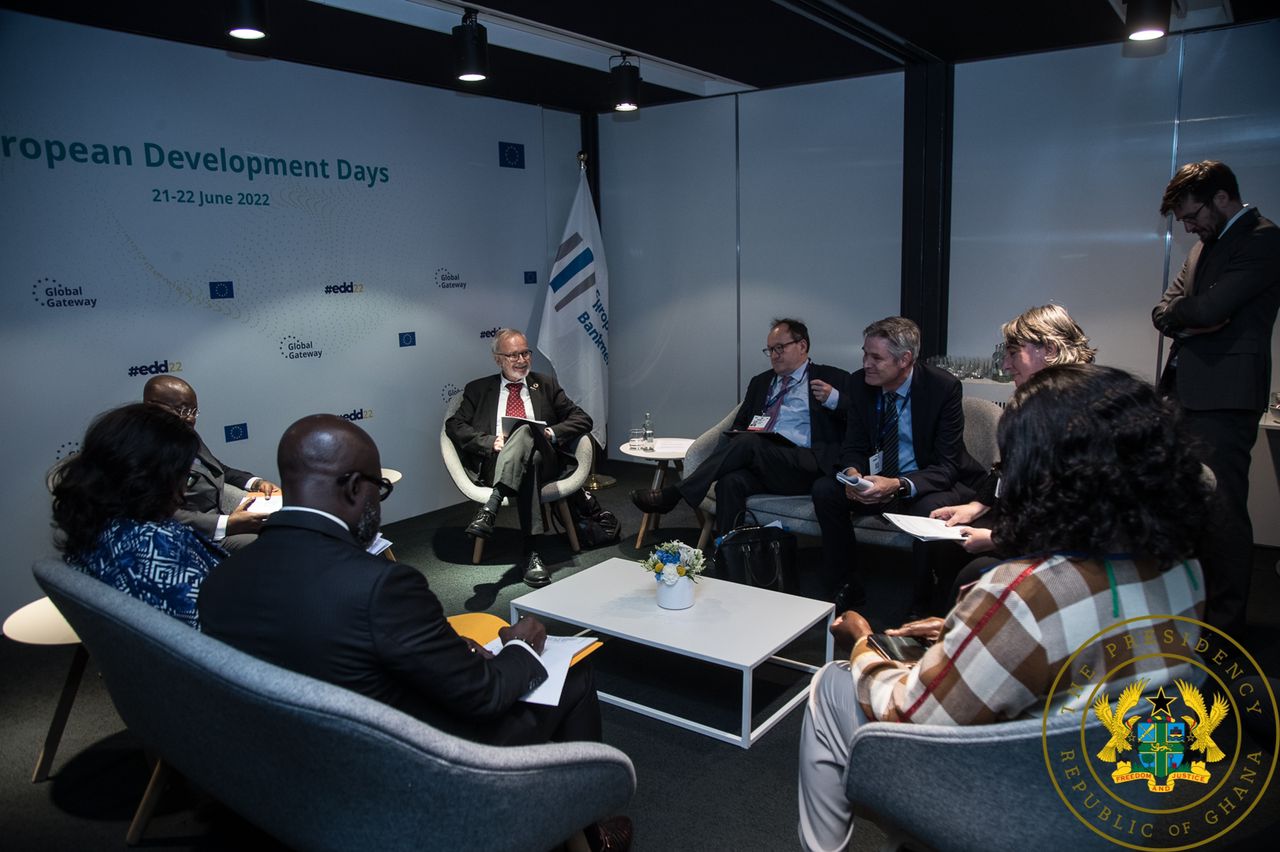President Nana Addo Dankwa Akufo-Addo has
lamented the downgrade of 18 African economies by international credit rating
agencies in the midst of global economic difficulties.
Mr Akufo-Addo said the
downgrade occurred even when all economies around the globe are suffering
adverse fallouts from last year’s pandemic.
Moody’s Investors Service
(“Moody’s”) on Friday February 4 downgraded the Government of Ghana’s long-term
issuer and senior unsecured debt ratings to Caa1 from B3 and changed the
outlook to stable from negative.
The downgrade to Caa1,
according to Moody’s reflected the increasingly difficult task the government
faced addressing its intertwined liquidity and debt challenges. Weak revenue
generation constrains government’s budget flexibility and tight funding
conditions on international markets have forced the government to rely on
costly debt with shorter maturity.
Moody’s estimated that
interest payments would absorb more than half the government’s revenue over the
foreseeable future, which is exceptionally high compared to peers at all rating
levels. As a remedy, the government has proposed sharp fiscal consolidation and
a switch to borrowings from external partners on more favourable terms.
“However, the strategy
comes with sizeable implementation risks, especially in a still-fragile
post-pandemic environment and while international market creditors price in
very wide risk premia. While Ghana’s external buffers and moderate external
debt amortization schedule in the next few years afford the government a window
of opportunity to deliver on its strategy, balance of payments pressures will
build up the longer government’s large financing requirements have to rely on
domestic sources.
“The stable outlook
balances Ghana’s significant fiscal challenges, large refinancing needs and
constraints on access to funding against the government’s pre-pandemic track
record of relatively effective policy delivery and maintenance of a variety of
funding sources. Ghana’s institutional framework and dynamic economy remain key
credit supports, with economic growth forecasts of around 5% over the medium
term,” Moody’s said.
But in a keynote speech
delivered at the 15th Edition of the European Development Days (EDD) in
Brussels, Belgium, on Tuesday, 21st June 2022, President Akufo-Addo said “The
World Bank also tells us that, subsequent to the conflict, the number of poor
people in sub-Saharan African countries would rise from four hundred and
thirteen million (413 million) to four hundred and sixty-three million (463
million) this year, an increase of fifty million (50 million) persons.”
He added “In the midst of
this, eighteen (18) African economies have experienced credit downgrades, even
when all economies are suffering adverse fallouts from last year’s pandemic,
and we, in Africa, are also facing the risk of so-called “taper-tantrums”, as
investors exit our markets, thereby exacerbating the increasing cost of
borrowing” he further added.
He noted further said that,
at the moment, support for non-IMF programme countries to alleviate the debt
burden is limited, as the initial facility designed by the G20 countries to
offer respite to economies with elevated debt challenges – the Debt Service
Suspension Initiative (DSSI) – has expired since December 2021, and has not
been renewed.
“Then, there is the matter
of the “African Risk Premium”, when African entities are borrowing from the
market, which increases the cost of capital, and which must be addressed,
especially as Africa provides the highest return on investments obtainable
anywhere, and has a good record of debt repayment,” the President said.
The combined effects of the
debt situation, rising interest rates and rising cost of living are resulting
in severe macroeconomic and financial instability, the President stated, adding
that “what is clear, he pointed out, is that the ensuing damage cannot be cured
so easily with the limited fiscal tools at our disposal and national policy
adjustments,” he added.
Source:3news

